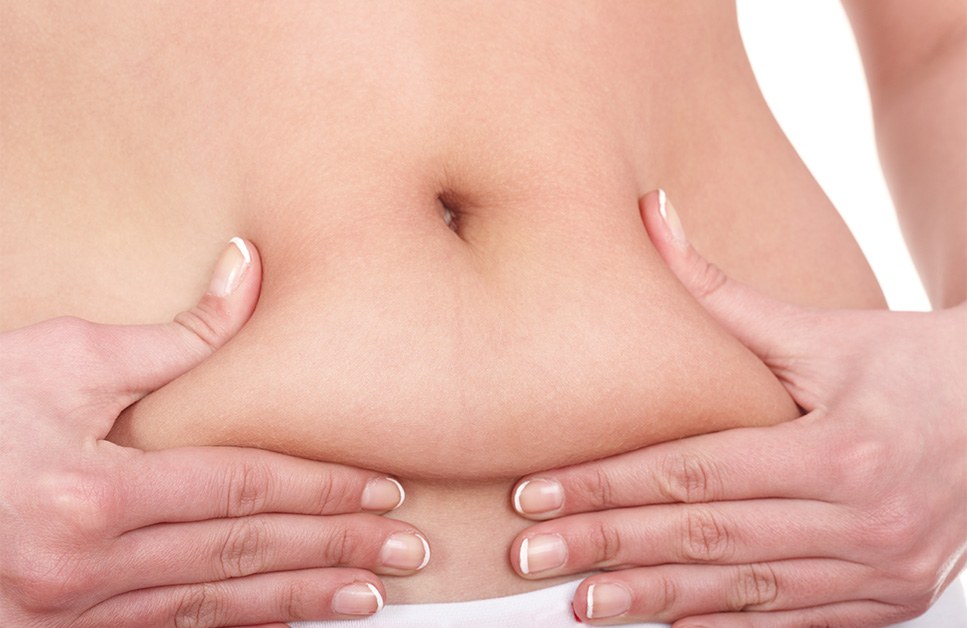
Starvation mode – why it is so counterproductive and damaging to our health

We all know that calories do matter when it comes to weight loss or maintaining a healthy weight.
We all know that calories do matter when it comes to weight loss or maintaining a healthy weight. In theory, you should lose weight if you burn more calories than you are taking in. This can work if it is done in the correct way and if you are focused on the quality of your food, not just quantity. However, too much restriction can result in malnutrition, muscle breakdown, nutrient deficiencies and even weight (body fat) gain.
When you go for several days without eating enough food (calories), the body switches into starvation mode or energy conservation mode, resulting in your metabolism actually slowing down, making you lethargic and depleting your energy levels.
When your metabolism slows down, it causes you to burn fewer calories, even though you might be performing the same tasks as when you were eating a regular diet. When you take in too few calories to support activity and normal physiological functioning, your body adapts by reducing the amount of energy it uses to perform efficiently. Your body may also turn to lean muscle mass for energy in order to conserve fat stores, just in case it doesn’t receive more food anytime soon. The gradual loss of muscle mass reduces your body’s calorie burning ability because the body uses more calories to maintain lean muscle mass than it does fat mass.
Low consumption of calories, makes you less likely to take in enough proteins, carbohydrates and fats and therefore inadequate nutrients such as vitamins, minerals and antioxidants. These nutrients are all needed for cellular energy and growth. When these nutrients are low or absent, body stores are used to supply them. First your fatty tissue is reduced, then moving onto muscle mass. Body fat insulates and protects our organs and musculoskeletal system. Depleting your fat and muscle tissue can affect your mental and physical energy levels and this propels you towards starvation.
Eating balanced meals containing lean proteins, carbohydrates such as fruits and vegetables and good quality plant based fats such as avocado, nuts and extra virgin olive oil will actually support your metabolism in a positive way. Just make sure that you are eating small portions and try to have at least 5 meals per day. This will not only provide you with more opportunities to include more fruits and vegetables in your diet, but it will also help to stabilise blood sugars levels and satiate you. This way you won’t end up overeating and craving the wrong foods such as refined sugars and processed high energy and nutrient deficient foods.
Amy McKendrick is our resident nutritionist with over 15 years of experience. See more of Amy @mynutritioncoach.










